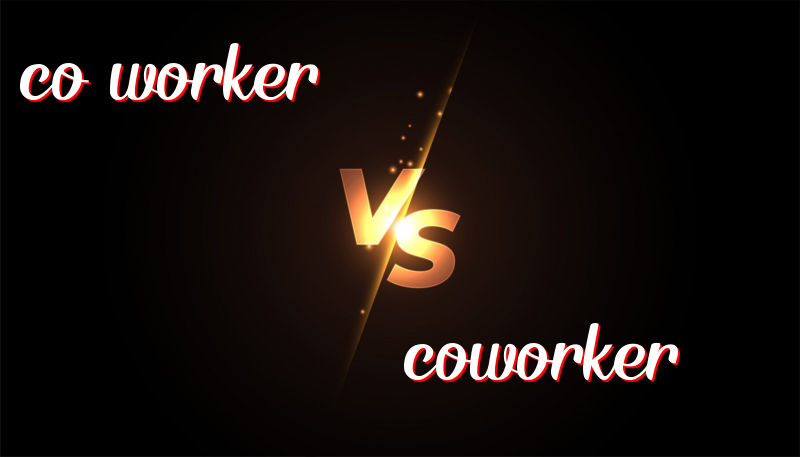Understanding the Usage of Co-worker and Coworker in English Writing
The Difference Between “Co-worker” and “Coworker”
The words “co-worker” and “coworker” may look almost the same, but people sometimes use them differently. Let’s explore how these words came to be and how to use them.
History of the Words
The word “co-worker” is older. It comes from the prefix “co-” meaning “with” and “worker.” For a long time, “co-worker” with a hyphen was the usual way to write it.
As time passed, English changed, and the hyphen was sometimes dropped. This is how “coworker” was born, and many people use it like that today.
How to Use the Words
Both “co-worker” and “coworker” mean the same thing. They both describe someone you work with. But sometimes, people have preferences based on where they are.
In places like the United States, people might use “coworker” more often. In other places, “co-worker” might be more common. Both are correct!
Trick to Remember the Difference
Think of the word “co-worker” as having more space. A space between the words makes it easier to see “co” and “worker” clearly. If you remember the hyphen as the space, you can remember “co-worker” with the hyphen.
Examples of “Co-worker”
- My co-worker and I have a project to do together.
- I had lunch with my co-worker yesterday.
- Her co-worker helped her with the task.
- Every co-worker came to the meeting.
- She shares an office with her co-worker.
Examples of “Coworker”
- My coworker is friendly and helpful.
- I emailed my coworker about the meeting.
- His coworker lives nearby.
- She and her coworker often share ideas.
- Each coworker was given a task to complete.
Summary
Both “co-worker” and “coworker” are correct terms for someone you work with. Choose whichever spelling you prefer, or use what others around you use. Always remember: whether with a hyphen or not, it’s the same meaning!

Leave a Reply
You must be logged in to post a comment.